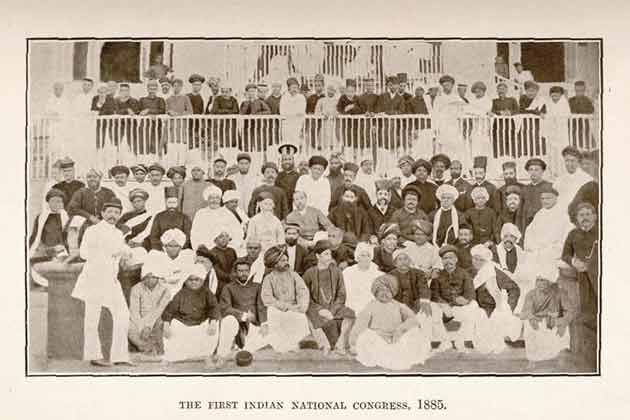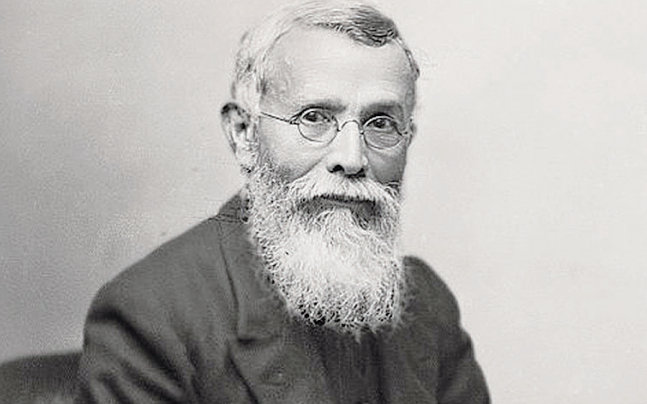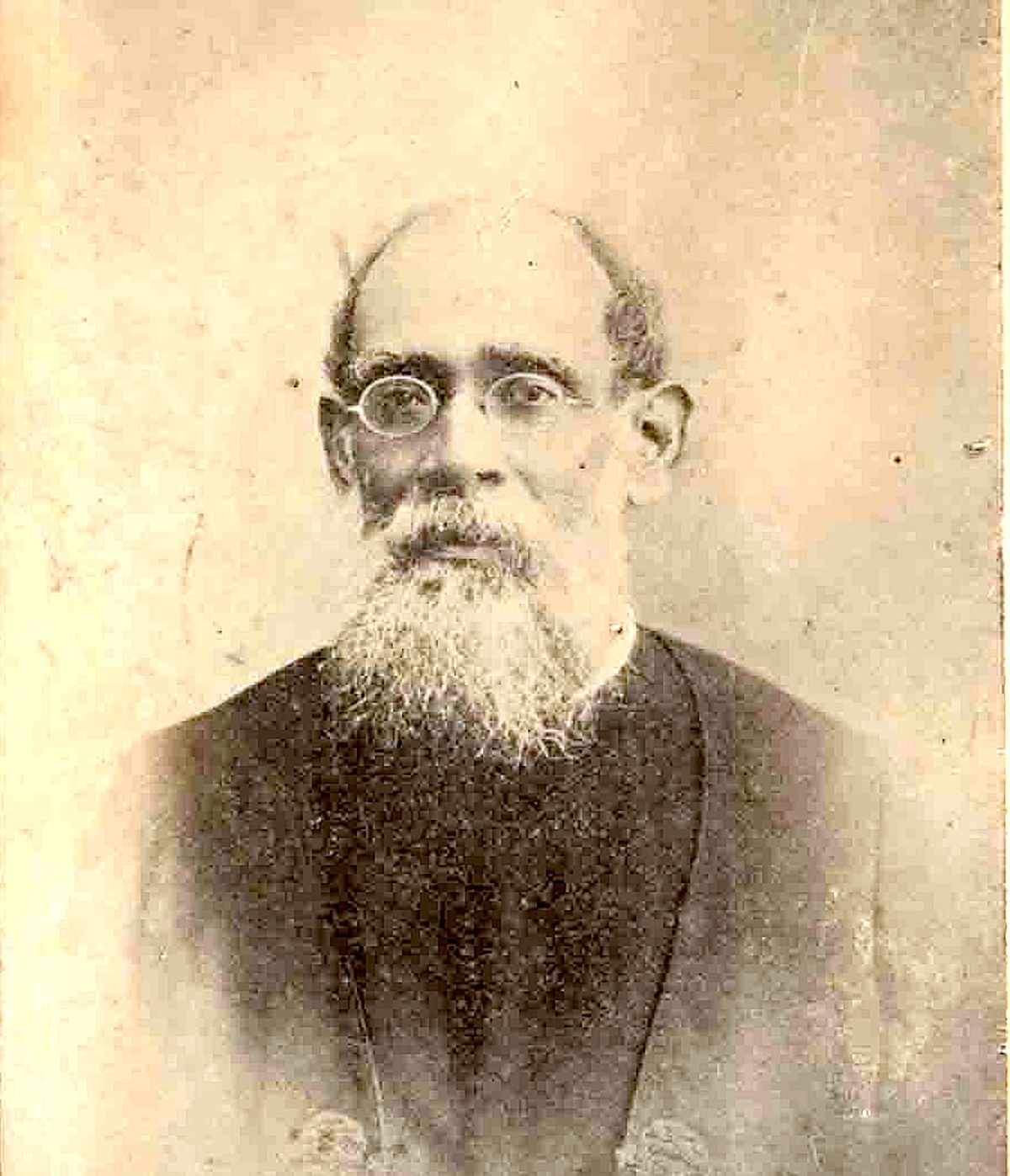
First Session of the Congress: The Journey Begins
On 28 December 1885, 72 social reformers, journalists and lawyers congregated for the first session of Indian National Congress at Gokuldas Tejpal Sanskrit College, Bombay.

Second Session
The second session of the Congress took place under the leadership of Dadabhai Naoroji in Calcutta. The number of delegates had increased to 434. Towards the end of the session, the Congress decided to set up Provincial Congress Committees across the country.

Sixth Session
In his presidential address, Pherozeshah Mehta said 'To my mind, a Parsi is a better and a truer Parsi, as a Mohammedan or a Hindu is a better and truer Mohammedan or Hindu, the more he is attached to the land which gave him birth, the more he is bound in brotherly relations and affection to all the children of the soil, the more he recognises the fraternity of all the native communities of the country".

Dadabhai Naoroji becomes the first Asian to be elected to the British Parliament
In the 1892 Parliamentary Elections in Britain, Dadabhai Naoroji was elected from the Finsbury Central seat as a candidate of the Liberal Party. He won despite a leading British politician chastising the public for "stooping so low as to vote for a brown man".

Eighth Session
At its Allahabad Session in 1892, the Congress criticised the Indian Councils Act of 1892, which had just been put into operation by the colonial government. They said that the Act did not give the Indian people the right to elect their own representatives.

Eleventh Session
The Congress at its Eleventh Session was buoyed by a substantial increase in the number of delegates from 1163 in 1894 to 1584. An elated President Surendranath Banerjea congratulated the Congress for bringing together 'the scattered element of a vast and diversified population', and making them vibrate with the new born sentiment of an awakened nationality.







